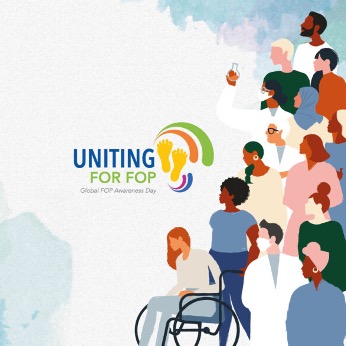Growth disorders are caused when the body produces too much or too little growth hormone. This can result in children and adults experiencing either abnormally large growth in bones and cartilage, as is the case in acromegaly. Alternatively, children and teenagers can be prevented from achieving full growth potential.
Patient education
There are several types of endocrine growth disorder, including Acromegaly, Gigantism, Hypopituitarism and Growth Hormone Deficiency (GHD). These disorders can significantly impact growth and development, and they often require medical intervention to manage hormone levels effectively.
Impact on Quality of Life
Compared to those with normal stature, short stature can have an impact on children’s quality of life, which can persist into adulthood.
Psychosocial difficulties
In adulthood, people living with endocrine growth disorders may experience psychosocial difficulties, such as worse employment and economic prospects.

Acromegaly
- Acromegaly is a rare disorder caused by a benign (noncancerous) tumor of the pituitary gland, called an adenoma, that promotes too much growth hormone, or GH, to be released into the bloodstream. Consequentially, the body makes more of another hormone, insulin-like growth factor 1 (IGF-1).
- Too much IGF-1 and GH in the body can create abnormal growth of bones, cartilage and other body tissues.
- While the more outward signs are enlarged hands, feet and face, more serious problems may also develop.

Severe Primary Insulin-like Growth Factor (IGF-1) Deficiency (SPIGFD)
- This occurs when children lack insulin-like growth factor 1 (IGF-1), a naturally occurring hormone that is vital in promoting growth.
- If IGF-1 levels are very low, but growth hormone levels are normal or even elevated, this can cause children to be shorter than almost all others of the same age and gender.

Central Precocious Puberty (CPP)
- This occurs when a child develops into a young adult at an unexpectedly early age because their growth and sex hormone glands begin to function early.
- CPP can be caused by tumors in the central nervous system (CNS) and other CNS disorders.






